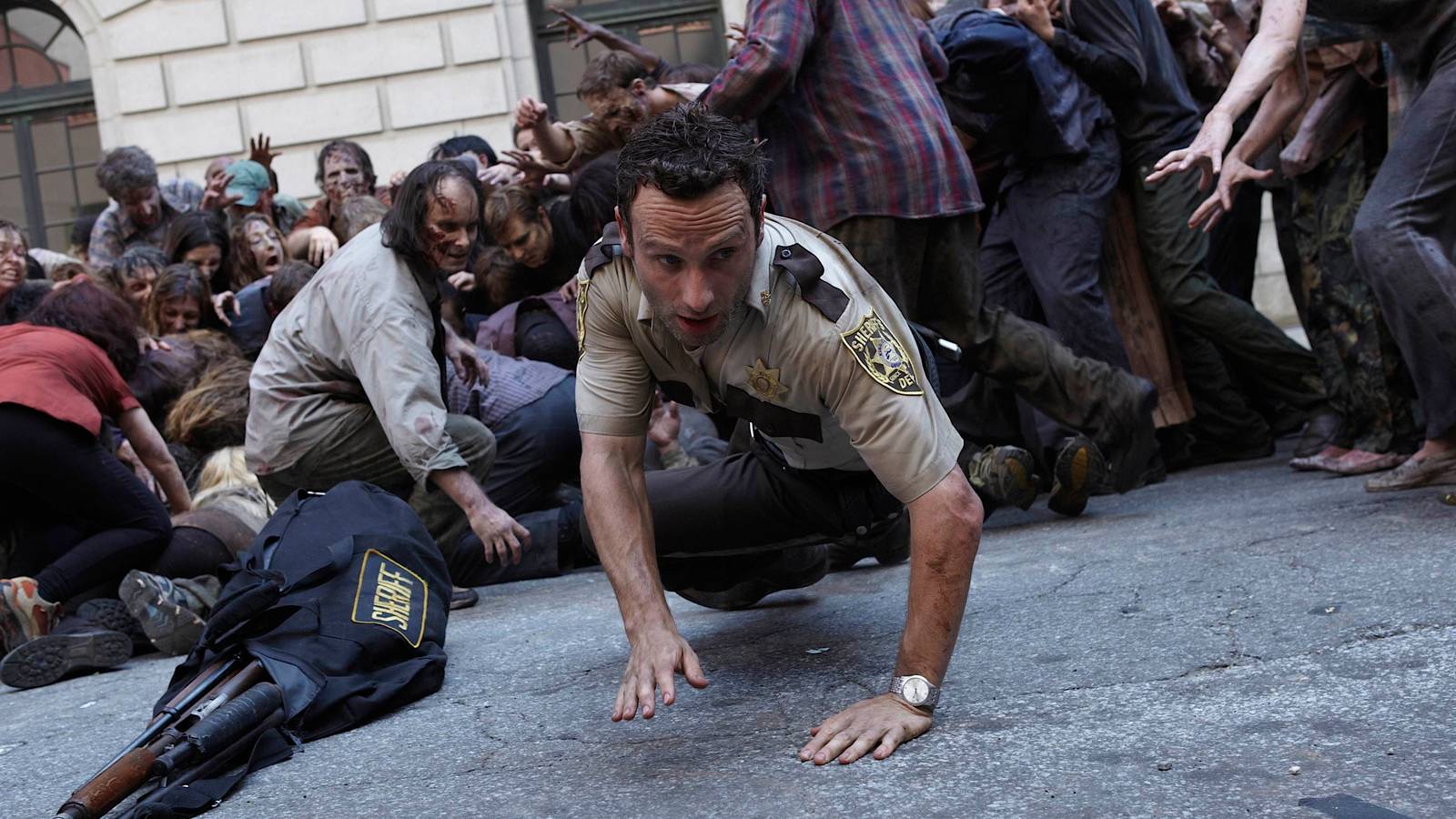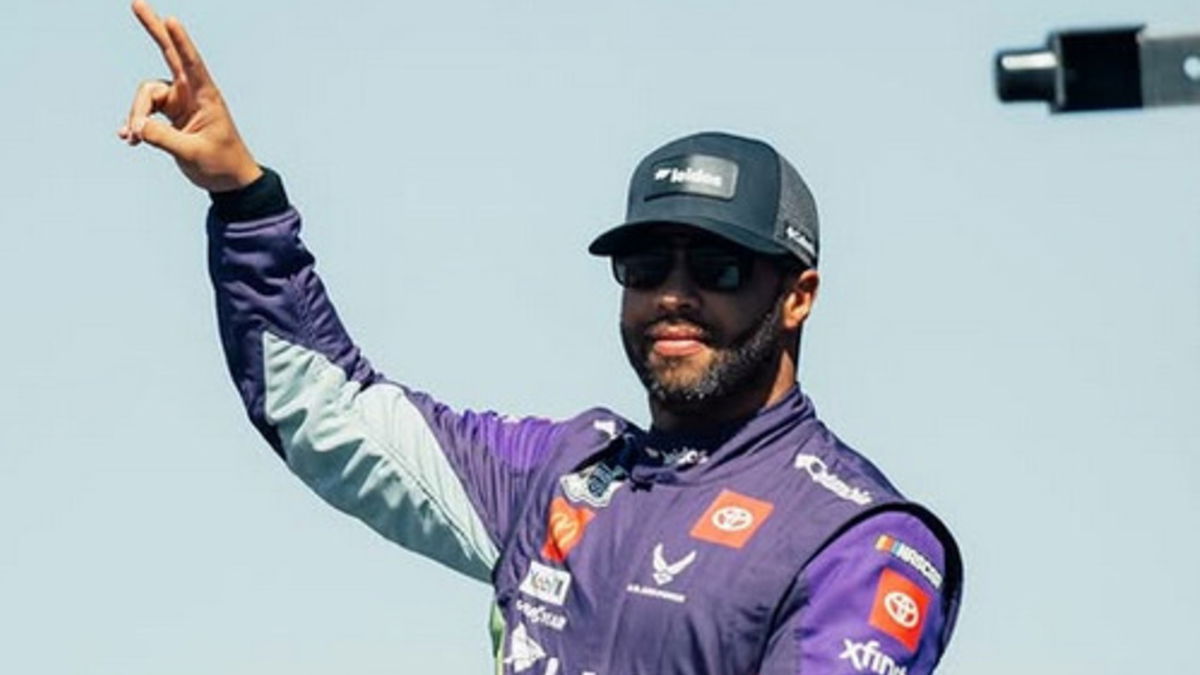Which TV Shows Perfectly Executed Their Pilot Episodes?

Published: 2025-09-02 00:40:17 | Category: Trump GNEWS Search
Some television shows launch straight into greatness with pilots that capture audiences immediately, setting the tone and character dynamics that will define the series. These standout episodes not only establish engaging plots but also showcase exceptional writing and acting, leaving viewers eager for more. From psychological dramas to light-hearted comedies, here are some of the most memorable TV pilot episodes that have made a lasting impact.
Last updated: 26 October 2023 (BST)
Key Takeaways
- Effective pilots establish character dynamics and tone immediately.
- Strong storytelling and emotional depth can distinguish a show from its peers.
- Memorable moments in pilots can resonate throughout a series.
- Many acclaimed shows initially struggled to find their footing, but some hit the ground running.
- Visual storytelling and atmosphere play crucial roles in captivating audiences.
The Sopranos: A New Kind of Gangster Story
When HBO aired The Sopranos in 1999, it redefined the gangster genre for television. The pilot episode, while initially feeling more like a dark comedy, introduced viewers to Tony Soprano, a mob boss grappling with his mental health. His first session with Dr. Melfi sets the stage for a show that combines crime with profound psychological exploration.
The scene featuring Tony's interaction with the ducks in his pool stands out as a pivotal moment, contrasting the typical stoic gangster archetype. This unique portrayal of vulnerability in a tough character was a fresh take that would resonate throughout the series, establishing a new paradigm for storytelling in crime dramas.
The X-Files: Sci-Fi Meets Procedural
The X-Files, created by Chris Carter, premiered in 1993 and quickly became a cultural phenomenon. The pilot cleverly establishes its premise: FBI agents Mulder and Scully investigate paranormal phenomena. The chemistry between David Duchovny's Mulder and Gillian Anderson's Scully is palpable from their first meeting, creating a dynamic that would captivate viewers.
This successful blend of science fiction and crime procedural not only hooked audiences but also laid the groundwork for a series that would explore complex themes of belief, skepticism, and the unknown. The pilot's effective exposition and thrilling pacing were crucial in setting the stage for its longevity.
The West Wing: Political Drama at Its Best
Premiering in 1999, The West Wing offers an inside look at the American presidency, and its pilot episode sets a high bar for political dramas. The episode introduces President Bartlet and his staff while showcasing the pressures of public scrutiny. The narrative weaves character development seamlessly with storytelling, a hallmark of Aaron Sorkin's writing style.
With sharp dialogue and quick wit, the pilot encapsulates the essence of the series, providing both an engaging story and a deeper understanding of political dynamics. This ensures that viewers were not only entertained but also drawn into the complexities of governance and interpersonal relationships within the White House.
Orphan Black: Gripping Mystery from the Start
Orphan Black burst onto the scene in 2013 with a pilot that captured attention within moments. The opening sequence, where Sarah witnesses her doppelgänger's suicide, instantly raises critical questions and sets an intriguing tone. The subsequent identity theft plot pulls viewers into an increasingly complex web of intrigue and danger.
The pilot’s ability to engage audiences through mystery-box storytelling showcases the series' potential for exploration of identity and ethics. Tatiana Maslany's performance as multiple clones demonstrated her remarkable range and set a high standard for the series, making it an instant hit.
The Walking Dead: A Gripping Zombie Survival Tale
When The Walking Dead premiered in 2010, its pilot episode transformed the landscape of horror on television. Following Rick Grimes as he awakens in a post-apocalyptic world, the episode combines gripping visuals with emotional depth. Frank Darabont's direction elevates the pilot to cinematic quality, immersing viewers in the horrors of a zombie-infested landscape.
Rick's character development and the friendships he forges provide a balance between action and emotional storytelling. This balance ensured that audiences were not only entertained by the gore but also invested in the characters' survival, making it a defining moment in the horror genre.
Arrested Development: A Comedy Classic
Arrested Development made its debut in 2003 with a pilot that introduced a plethora of quirky characters and a unique faux-documentary style. The episode skillfully balances exposition with humour, establishing the dysfunctional Bluth family and their various misadventures in a housing development scheme.
Mitch Hurwitz’s writing is packed with jokes, making the pilot a standout in terms of comedic pacing. The show’s rapid-fire humour and satirical take on real estate and family dynamics set a high bar for sitcoms that followed, showcasing the potential for smart, character-driven comedy.
Lost: Intrigue from the Very Beginning
Premiering in 2004, Lost captivated audiences with its pilot episode that immediately thrust viewers into chaos. Following the survivors of a plane crash, the pilot introduces a myriad of compelling characters while raising numerous questions about the mysterious island they find themselves on.
The stunning visuals and engaging plot twists keep viewers on the edge of their seats. The introduction of iconic elements like the smoke monster and the polar bears hints at the deeper mysteries that would unfold, ensuring that audiences were both intrigued and invested in the story’s development.
Breaking Bad: The Transformation Begins
Vince Gilligan’s Breaking Bad debuted in 2008 with a pilot that laid the groundwork for one of television's greatest narratives. The episode introduces Walter White, a high school chemistry teacher turned meth manufacturer, and swiftly establishes his motivations. By the end of the pilot, Walter has made significant life-altering decisions that set the tone for the series.
This episode not only showcases Bryan Cranston's exceptional range but also captures the moral complexities that define Walter’s character. The transformation from a mild-mannered educator to a drug lord is both thrilling and tragic, making the pilot a compelling introduction to the series.
The Last of Us: A Heartfelt Introduction
Based on the acclaimed video game, The Last of Us premiered in 2023 with a pilot that successfully captured the essence of the source material. The episode introduces a world ravaged by a fungal pandemic while focusing on the emotional bond between Joel and Ellie. The storytelling prioritises character development, allowing for a deeper emotional connection right from the start.
With its cinematic quality and haunting atmosphere, the pilot delivers a powerful narrative that resonates with both fans of the game and newcomers alike. This strong introduction sets the stage for a rich exploration of human relationships in a post-apocalyptic setting.
Twin Peaks: Mysteries in a Small Town
David Lynch’s Twin Peaks debuted in 1990, presenting a unique blend of supernatural elements and small-town drama. The pilot opens with the discovery of Laura Palmer’s body, juxtaposing the town’s idyllic appearance with its dark undercurrents. This contrast sets a haunting tone that permeates the series.
The pilot’s feature-length format allows for an expansive introduction to the town and its residents, creating a rich tapestry of mystery and intrigue. Lynch's distinctive storytelling style captivates viewers, making it a landmark pilot that would influence countless series that followed.
Conclusion
The television landscape is replete with pilots that have successfully launched iconic series, each bringing something unique to the table. From character-driven dramas to clever comedies, these episodes demonstrate that a strong start can set the trajectory for a show's entire run. As viewers, we are left to ponder: what elements make a pilot unforgettable? Will future shows continue to capture our attention as these classics did? The journey of storytelling is ever-evolving, and these pilots remind us of the magic that can happen when creativity meets execution.
#TVPilots #TelevisionHistory #IconicSeries
FAQs
What makes a TV pilot successful?
A successful TV pilot effectively establishes character dynamics, sets the tone, and hooks viewers with engaging storytelling. It should introduce key elements of the series while providing a compelling narrative that leaves audiences wanting more.
Which pilot episodes are considered the best?
Some of the best pilot episodes include The Sopranos, The X-Files, The West Wing, Lost, and Breaking Bad, each known for their strong storytelling and character development.
How important is the pilot episode for a TV series?
The pilot episode is crucial as it sets the foundation for the entire series. It introduces characters, themes, and storylines, influencing viewer engagement and potential longevity of the show.
Can a show recover from a bad pilot episode?
Yes, some shows have successfully recovered from weak pilots by improving in subsequent episodes. However, a strong pilot often helps in garnering initial interest and viewership.
What are some common themes in successful pilots?
Common themes in successful pilots include character conflict, moral dilemmas, and unique settings. They often introduce compelling questions that compel viewers to continue watching.



